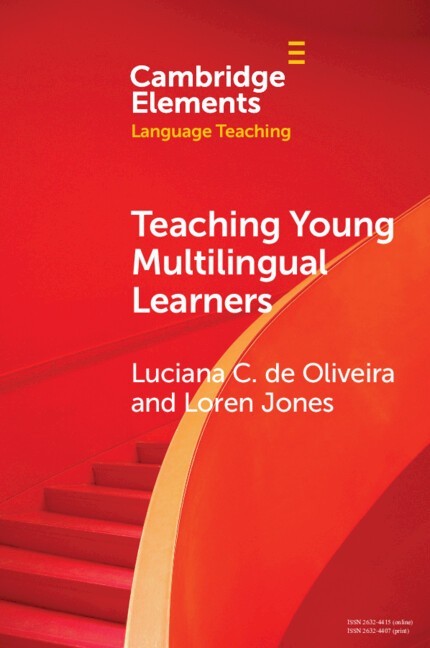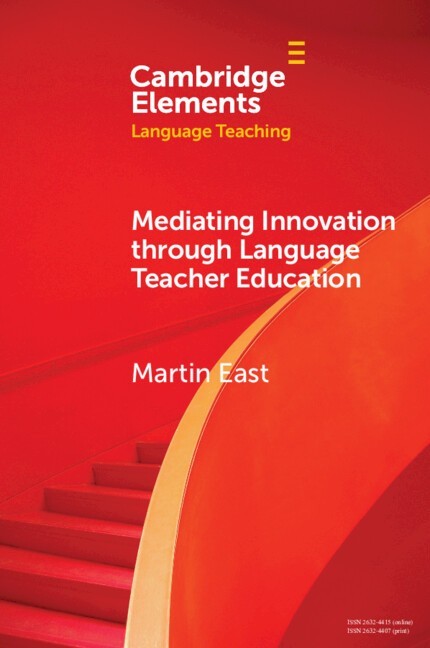Cambridge Elements in Language Teaching
1st Edition • Latest Edition
Academic
Cambridge Elements in Language Teaching
Academic Cambridge Elements in Language Teaching メディア > 書籍 > ノンフィクション > 言語学習書 1081000 Now available



| ご注文はこちら |
- シリーズの説明
Language teaching as a field of study straddles the disciplines of education and applied linguistics (and at times other disciplines such as applied psychology and applied sociology). As societies have become increasingly mobile, language teaching practices have changed to keep pace with changing learners’ needs. Globalisation has led to dramatic changes in language pedagogies, both in terms of the rise of global lingua franca such as English, Spanish, Chinese, and Arabic, as well as issues surrounding language teaching in immigrant communities.
As language teaching has developed as a distinct academic field, some scholars have observed a widening gap between researchers and practitioners, accompanied by limited exposure to research by teachers, and a disconnect between professional and academic publications. This elements series aims to close this gap by allying research with language teaching practices, in its exploration of research-informed pedagogy, and pedagogy-informed research. The series builds upon a rich history of pedagogical research in its exploration of new insights within the field of language teaching.
As language teaching has developed as a distinct academic field, some scholars have observed a widening gap between researchers and practitioners, accompanied by limited exposure to research by teachers, and a disconnect between professional and academic publications. This elements series aims to close this gap by allying research with language teaching practices, in its exploration of research-informed pedagogy, and pedagogy-informed research. The series builds upon a rich history of pedagogical research in its exploration of new insights within the field of language teaching.
Language teaching as a field of study straddles the disciplines of education and applied linguistics (and at times other disciplines such as applied psychology and applied sociology). As societies have become increasingly mobile, language teaching practices have changed to keep pace with changing learners’ needs. Globalisation has led to dramatic changes in language pedagogies, both in terms of the rise of global lingua franca such as English, Spanish, Chinese, and Arabic, as well as issues surrounding language teaching in immigrant communities.
As language teaching has developed as a distinct academic field, some scholars have observed a widening gap between researchers and practitioners, accompanied by limited exposure to research by teachers, and a disconnect between professional and academic publications. This elements series aims to close this gap by allying research with language teaching practices, in its exploration of research-informed pedagogy, and pedagogy-informed research. The series builds upon a rich history of pedagogical research in its exploration of new insights within the field of language teaching.
As language teaching has developed as a distinct academic field, some scholars have observed a widening gap between researchers and practitioners, accompanied by limited exposure to research by teachers, and a disconnect between professional and academic publications. This elements series aims to close this gap by allying research with language teaching practices, in its exploration of research-informed pedagogy, and pedagogy-informed research. The series builds upon a rich history of pedagogical research in its exploration of new insights within the field of language teaching.
EASY ORDER FORM
表示価格が税込価格

